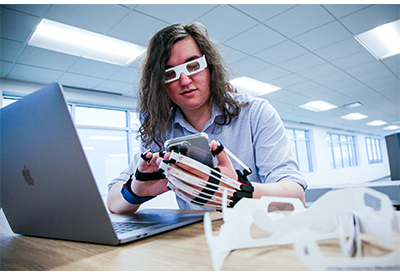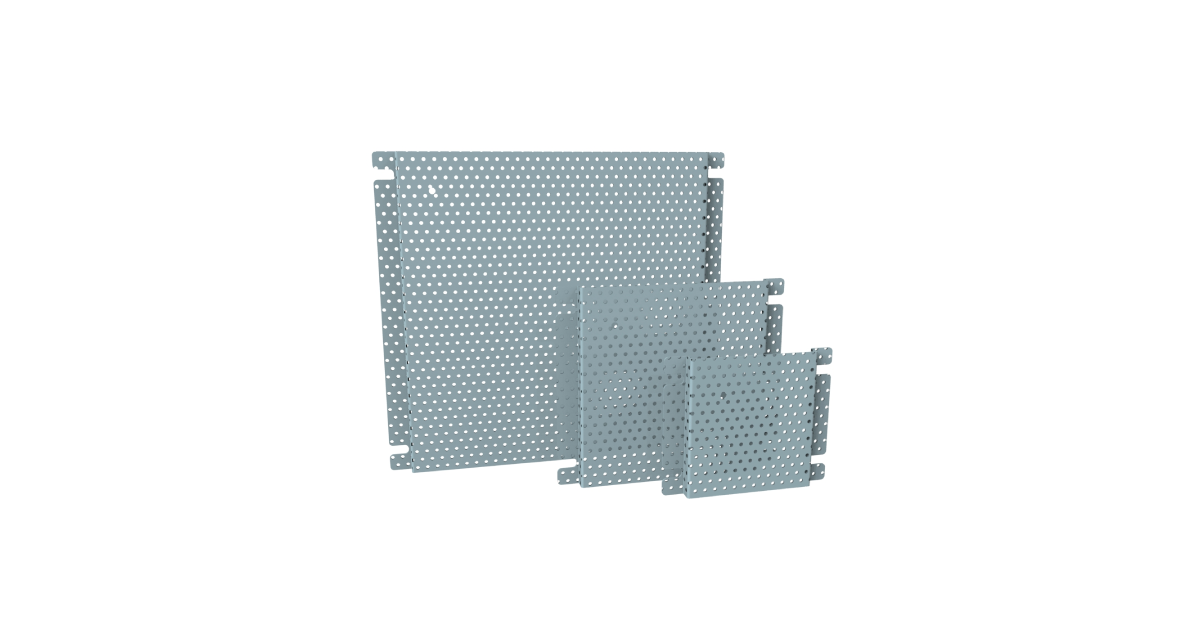Allied Electronics & Automation Launches Website Accessibility Initiative

July 28, 2022
Allied Electronics & Automation is furthering its award-winning commitment to inclusivity by launching a new website accessibility initiative.
Allied has been actively engaged in a series of website upgrade initiatives designed to reflect its digital-first business model and deliver a robustly interconnected, customer-centric experience on any device. The last major update focused on translating customer feedback into new website features ranging from a site search redesign to a revamped order history interface and core performance improvements such as faster page load times. For this latest update, Allied’s web development team is exploring inclusive design strategies which aim to ensure that products and services are accessible to and usable by as many people as reasonably possible.
The team has been utilizing Cambridge University’s comprehensive Inclusive Design Toolkit to learn more about these strategies and how to effectively apply them to improve Allied’s website accessibility. As part of this approach, the team is considering factors such as changing employee demographics, longer life expectancies and delayed retirements into account and is working to proactively accommodate a more inclusive range of sensory, motor and cognitive capabilities with simple, straightforward and thoughtful design choices for the desktop and mobile sites. The team even purchased specialized gloves and glasses engineered to provide them with firsthand experience of common age-related dexterity and vision limitations.
“We are currently creating a new global website design system and, as part of that, we are expanding our understanding of accessibility to optimize our user experience,” said Brandon Bazar, lead UX designer at Allied Electronics & Automation. “To help us understand, empathize with and better serve our users throughout this design process, we acquired some simulation gloves and glasses developed by Cambridge University that allow us to experience how our designs affect many of our users.”
The Cambridge Simulation Gloves simulate the type of limited dexterity that can be caused by arthritis, for instance, and will allow Allied’s UX designers to experience and analyze their user interface in more thoughtful and inclusive ways. Similarly, the Cambridge Simulation Glasses provide the team with fresh insights into how users with varying degrees of vision loss interpret their designs, which is likely to have a direct effect on decisions related to things like contrast and font size.
“One of the things we’ve learned by working through Cambridge University’s Inclusive Design Toolkit is that there’s a vast ability gap between the average clarity of vision for young, male designers and people with vision loss acute enough to require assistive technologies,” said Bazar. “By designing only for what seems optimal to us, we were inadvertently excluding close to half of our website users, which not only conflicts with our digital-first and customer-centric business model but also goes against Allied’s core values. So, we’re very excited about our new website accessibility initiative and are proud to be working to provide our customers, employees and channel partners with a more personal, seamless, progressive and inclusive experience in the near future.”
![]()











